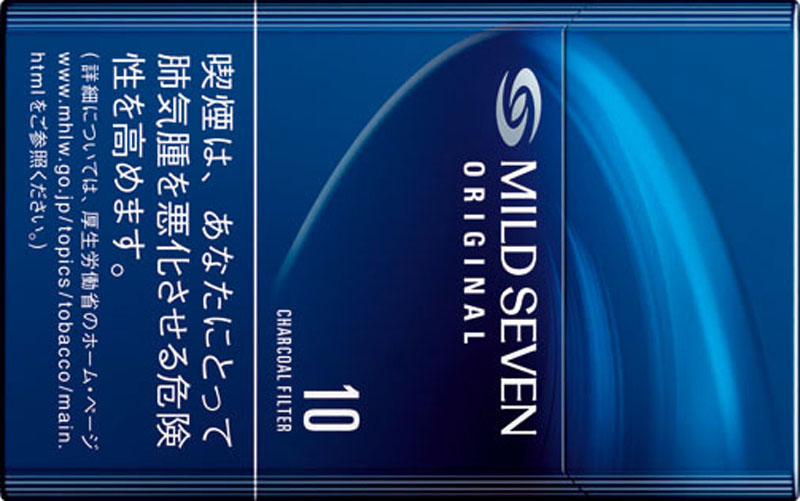Cuba has become the latest country to launch a legal attack on Australia’s landmark plain packaging rules for tobacco at the World Trade Organization (WTO).
The laws came into effect last December and mean cigarettes can only be sold in brown packages with graphic health warnings. The WTO says Cuba has requested consultations with Australia on the legislation, which covers all tobacco products, not just cigarettes. Under the 159-nation WTO’s rules, requesting consultations is the first step in an often complex trade dispute settlement process which can last for several years.
The laws have already been challenged at the WTO by Cuba’s fellow cigar-producing nations Honduras and the Dominican Republic. In addition, the Ukraine has filed a suit at the Geneva-based body, which oversees its member nations’ respect for the rules of global commerce, according to the Australian news company ABC.
All the plaintiff countries maintain that Australia’s packaging law breaches international trade rules and intellectual property rights.
In the event that the WTO’s disputes settlement body finds in their favor, it would have the power to authorize retaliatory trade measures against Australia if the country failed to fall into line. The dispute with Australia marks the first-ever challenge by Cuba against a fellow member since it joined the global body in April 1995, four months after the WTO was founded in its current form.
The plain packaging laws have won wide praise from health organizations which are trying to curb smoking. But the government has faced a string of court challenges from tobacco firms.
Besides trade and intellectual property concerns, tobacco companies say there is no proof that plain packaging reduces smoking and have warned that the law sets a precedent that could spread to products such as alcohol.

